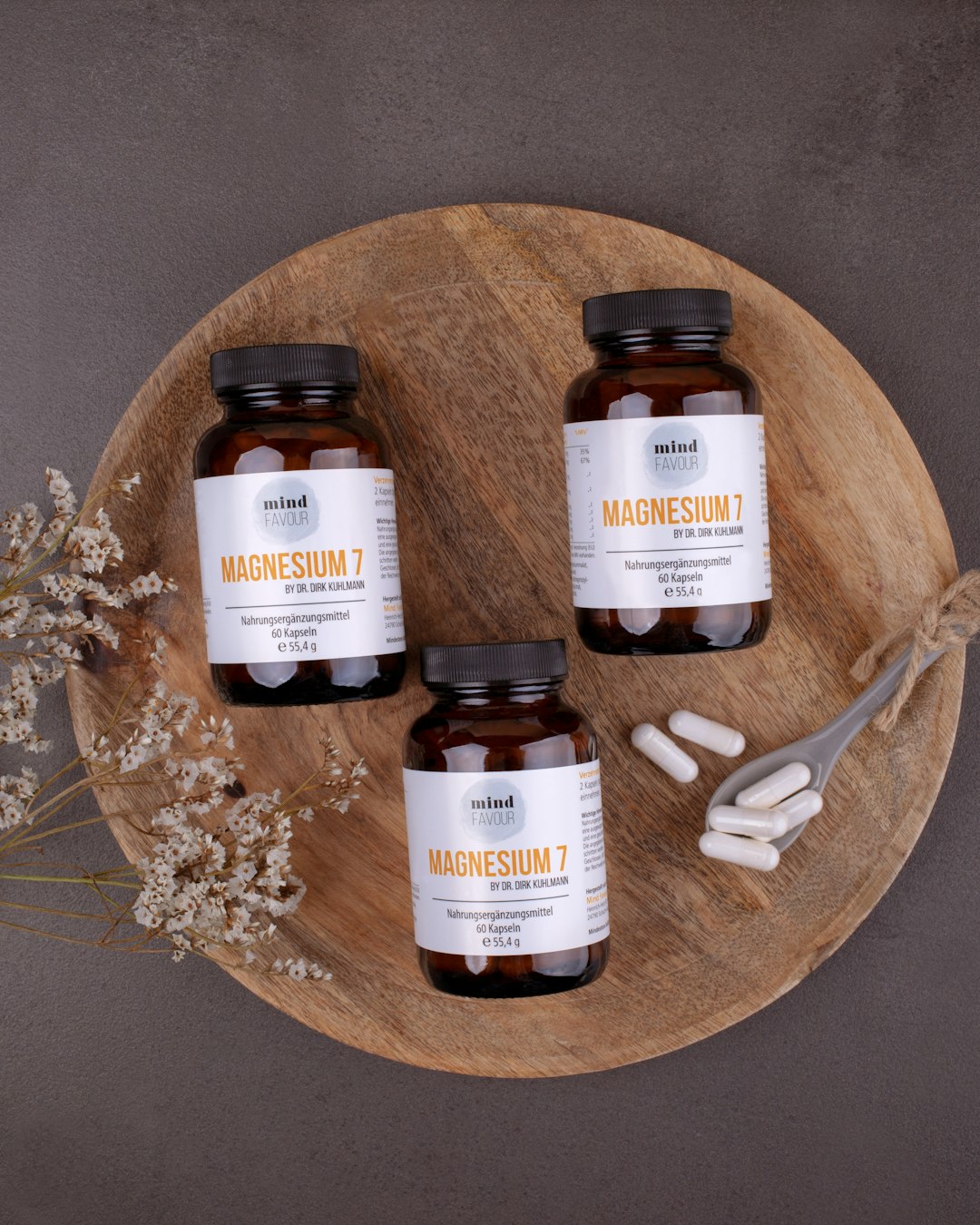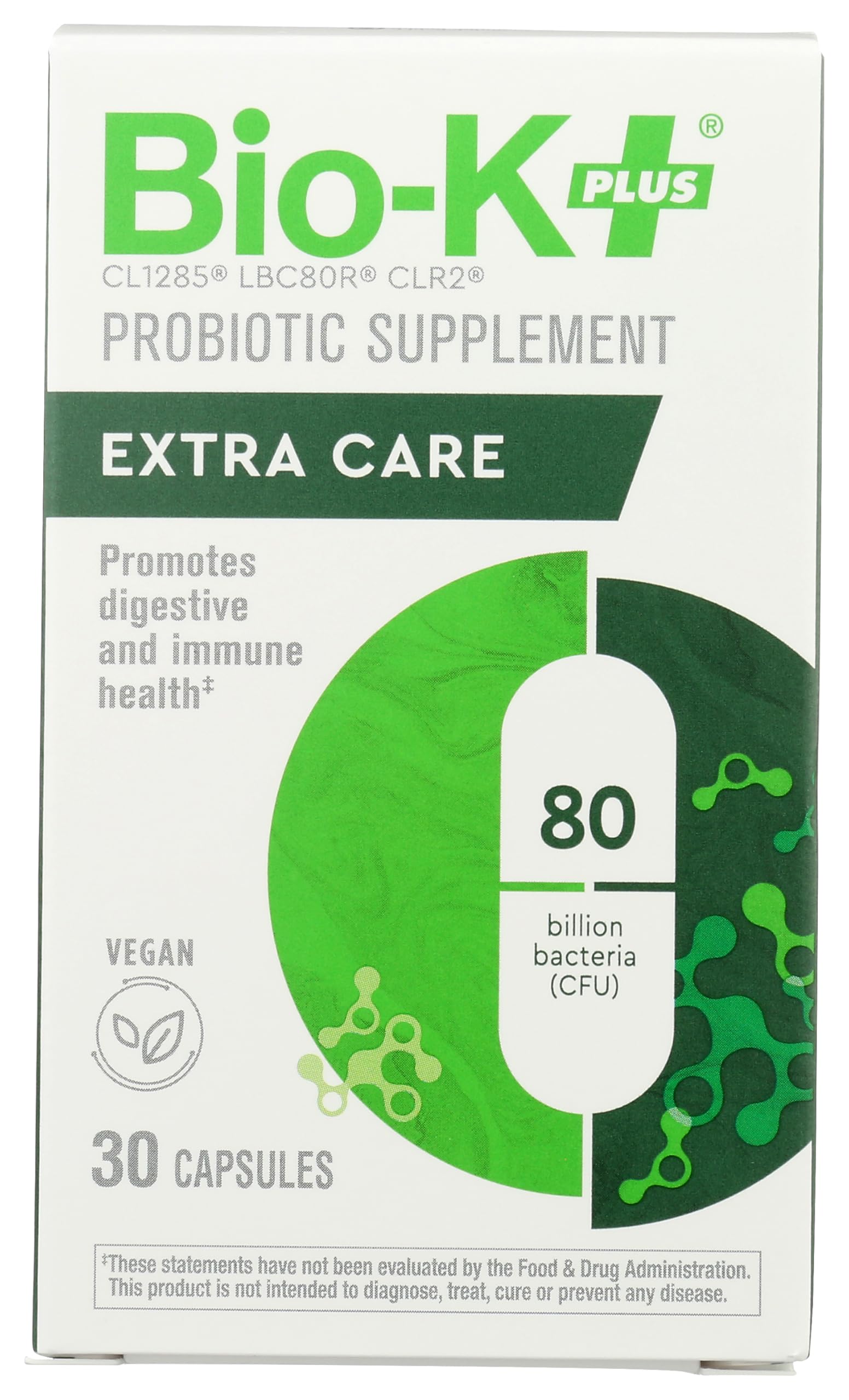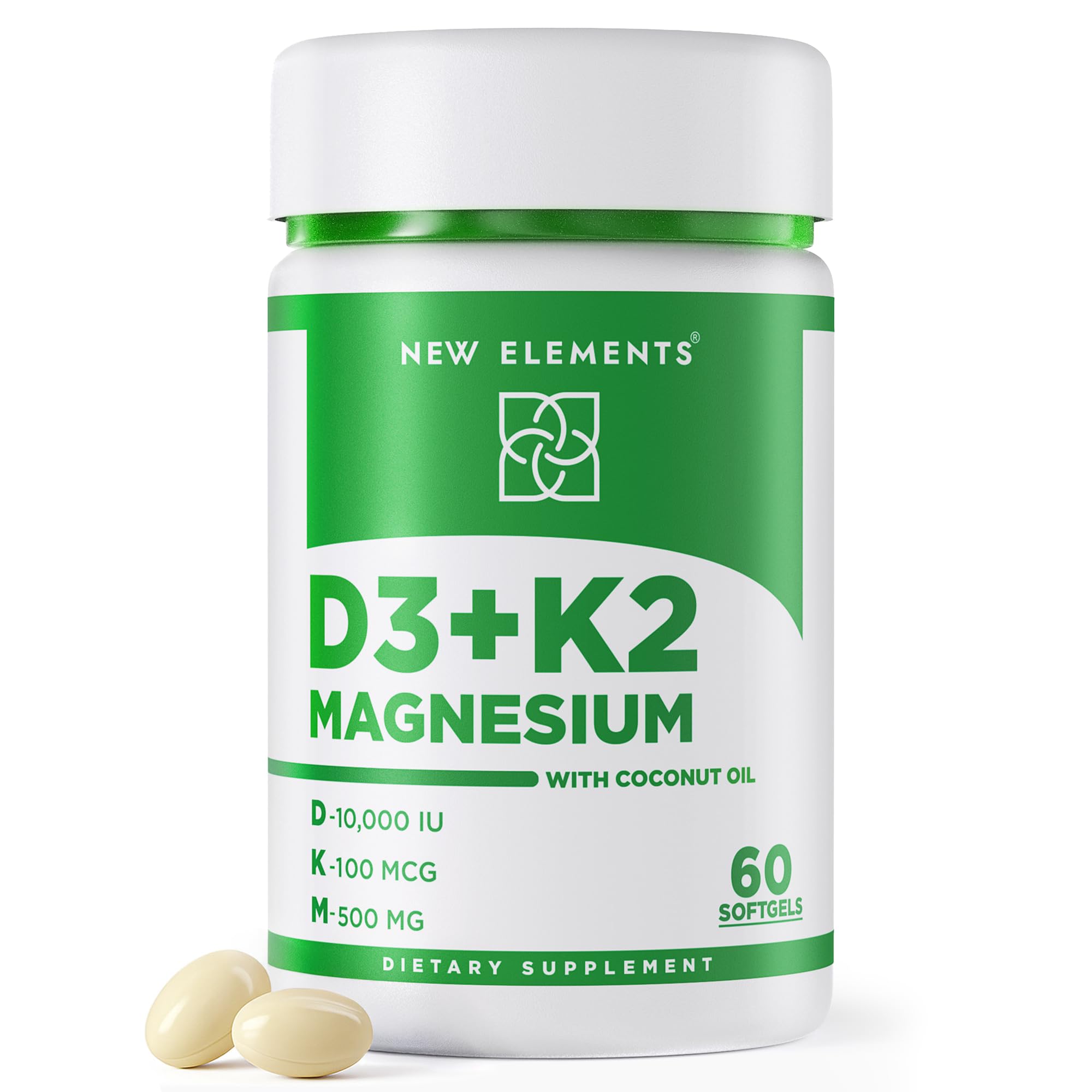
Ever stared at your supplement stash and wondered if combining magnesium and probiotics is a smart move—or a digestive disaster? You’re not alone.

Magnesium is like the multitasker of the mineral world. It supports muscle function, calms the nervous system, and even helps regulate blood sugar. Probiotics, on the other hand, are those good-for-you bacteria that balance your gut flora and promote healthy digestion, immunity, and more.

They're both important in their own right, but what happens when you take them together? Spoiler alert: it's usually totally fine—and sometimes even beneficial.

Yes! There's no known direct interaction between magnesium and probiotics that would make combining them unsafe. Both are generally well-tolerated, assuming you're not exceeding daily dosage limits or dealing with specific medical conditions.
In fact, some evidence suggests that magnesium may help support gut health indirectly. Since it plays a role in muscle contraction (including the muscles in your digestive tract), adequate magnesium levels might help keep things moving smoothly down there—literally.

That said, timing and form matter a little. Some people find magnesium can have a mild laxative effect, especially types like magnesium citrate or oxide. Meanwhile, probiotics are living organisms and can be a bit finicky about their environment. Heat, stomach acid, and certain medications can reduce their efficacy.
If you're sensitive to either, spacing them out might help—perhaps probiotics in the morning and magnesium in the evening. Here’s a simple guide:
| Supplement | Best Time to Take | Why |
|---|---|---|
| Magnesium | Evening or bedtime | Can promote relaxation and improve sleep |
| Probiotics | Morning (on empty stomach) | Better survival through less stomach acid |

Always check with a healthcare provider if you’re on medications or managing chronic health conditions. For example, people with kidney problems need to monitor magnesium intake closely. And if you're taking antibiotics, space them out from probiotics by several hours to prevent them from canceling each other out.
Bottom line: taking magnesium and probiotics together isn't just okay—it might even give your body a bit of a wellness boost. Just keep an eye on how your system responds.
Have you tried taking magnesium and probiotics together? Noticed any changes? Let us know in the comments below!

Enhance your digestive and immune health with Bio-K Plus Extra Care Probiotic Supplement. Each vegan capsule contains 80 billion CFUs of scientifically studied strains like CL1285, LBC80R, and CLR2. Designed for optimal wellbeing, these probiotics support your body's natural balance, promoting a healthier gut ecosystem. Perfect for those seeking a potent, daily boost in their probiotic regimen. Embrace the extra care your body deserves. Suitable for vegans and free from artificial

Boost your wellness with our Vitamin D3 + K2 supplement, enhanced with Magnesium and coconut oil. Each serving delivers 10,000 IU of Vitamin D3, 100 mcg of Vitamin K2, and 500 mg of Magnesium to support bone health, immune function, and cardiovascular wellness. The softgels ensure easy absorption, promoting optimal benefits for your active lifestyle. Embrace vitality and balanced health with our expertly formulated dietary supplement.
Yes, you can take magnesium and probiotics together safely. In fact, studies suggest that combining them may improve gut health and reduce inflammation. However, it's best to consult with a healthcare professional before starting any new supplements.
Combining magnesium and probiotics may support better digestion, reduce inflammation, and promote a healthier gut microbiome. Additionally, magnesium can enhance the effectiveness of certain probiotics by regulating bowel movements and reducing stress levels.
Probiotics are best taken on an empty stomach in the morning or before a meal, while magnesium is often taken in the evening to promote relaxation. However, you can take both at any time as long as it fits your personal routine.
Most people do not experience side effects from combining magnesium and probiotics. However, some may experience mild digestive discomfort, such as bloating or diarrhea, which typically subsides as your body adjusts to the supplements.
Yes, magnesium may indirectly support probiotics by improving bowel regularity and reducing stress, which can harm gut health. Ensuring adequate magnesium intake can create a more balanced environment for probiotics to thrive.
As you continue your journey of understanding how to best optimize your supplement routine, we hope this post has shed some light on the safe mixing of magnesium and probiotics. If you find you have more questions or are curious to explore other wellness tips, we'd love for you to stay connected with us. Why not check out our latest health and lifestyle boards over on Pinterest? There, you’ll find a plethora of inspiration and detailed guides. For daily snippets of our wellness journey and more, hop over to Instagram or join our vibrant community discussions on Facebook. We can't wait to continue this adventure with you and would love to hear how you're integrating these insights into your daily routine. See you online!